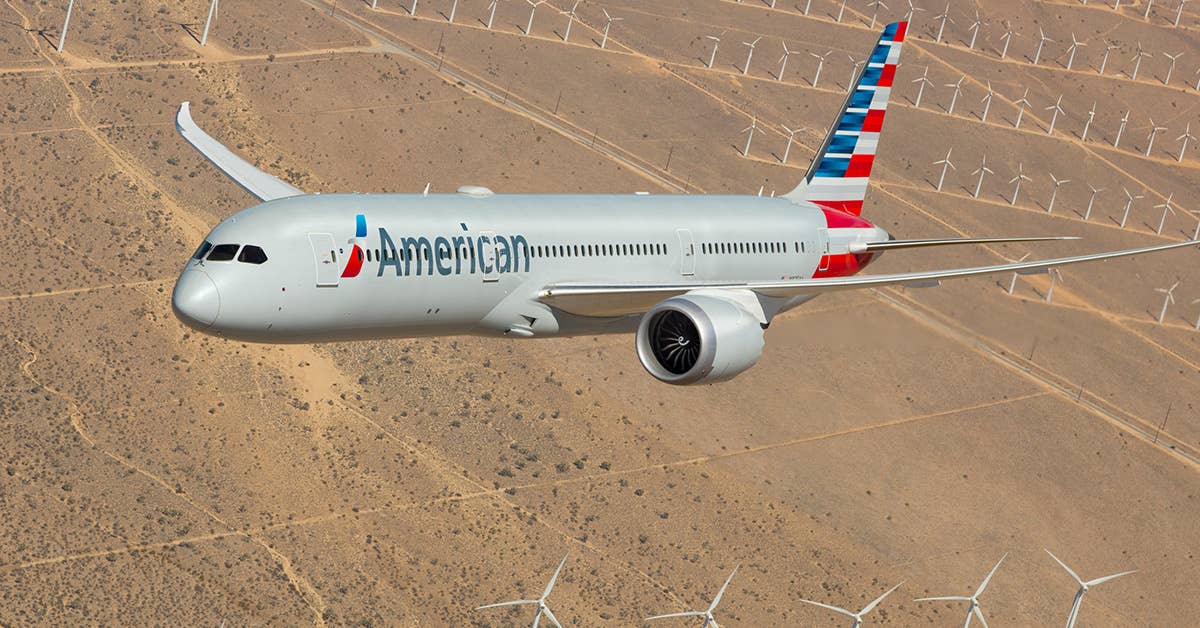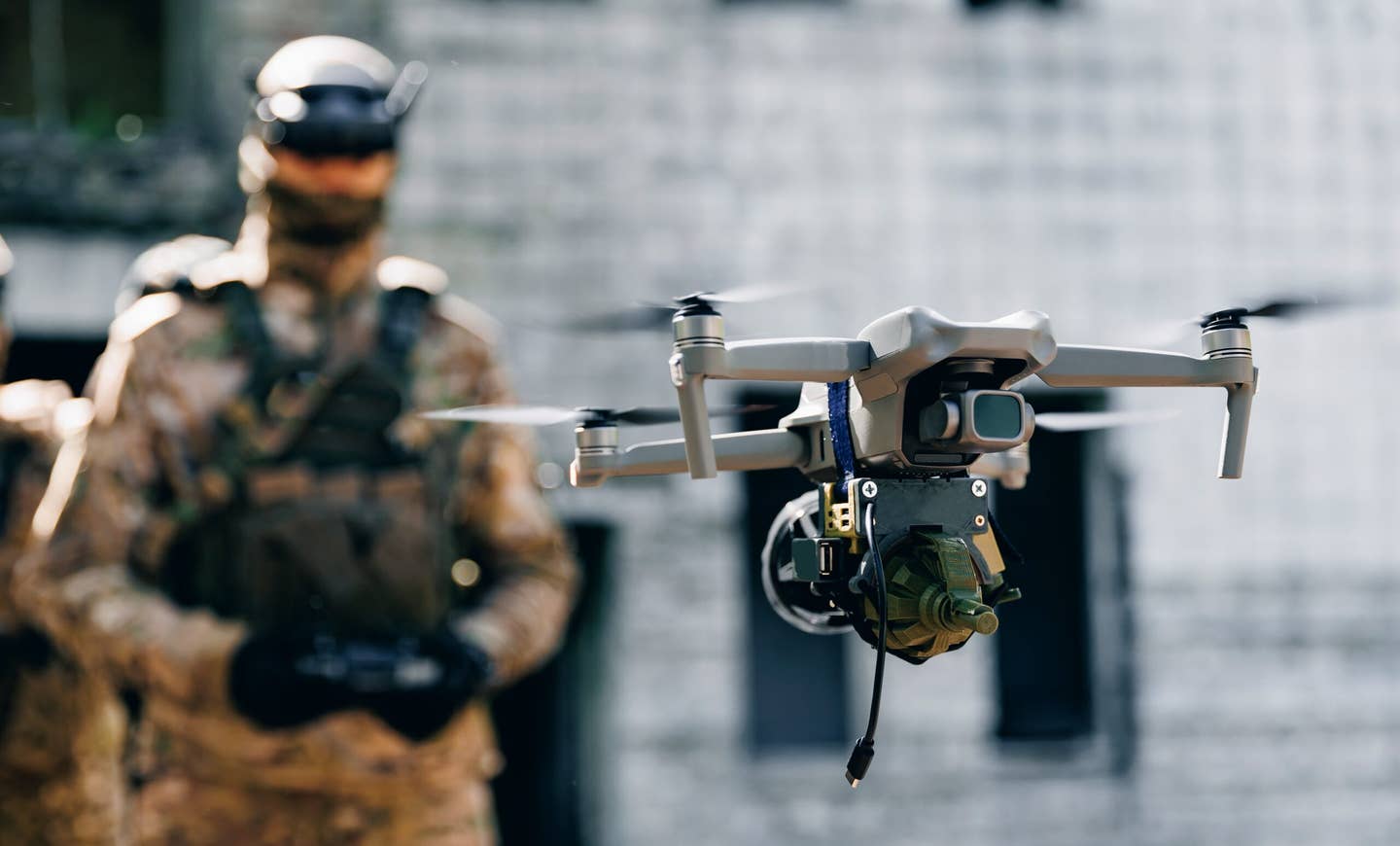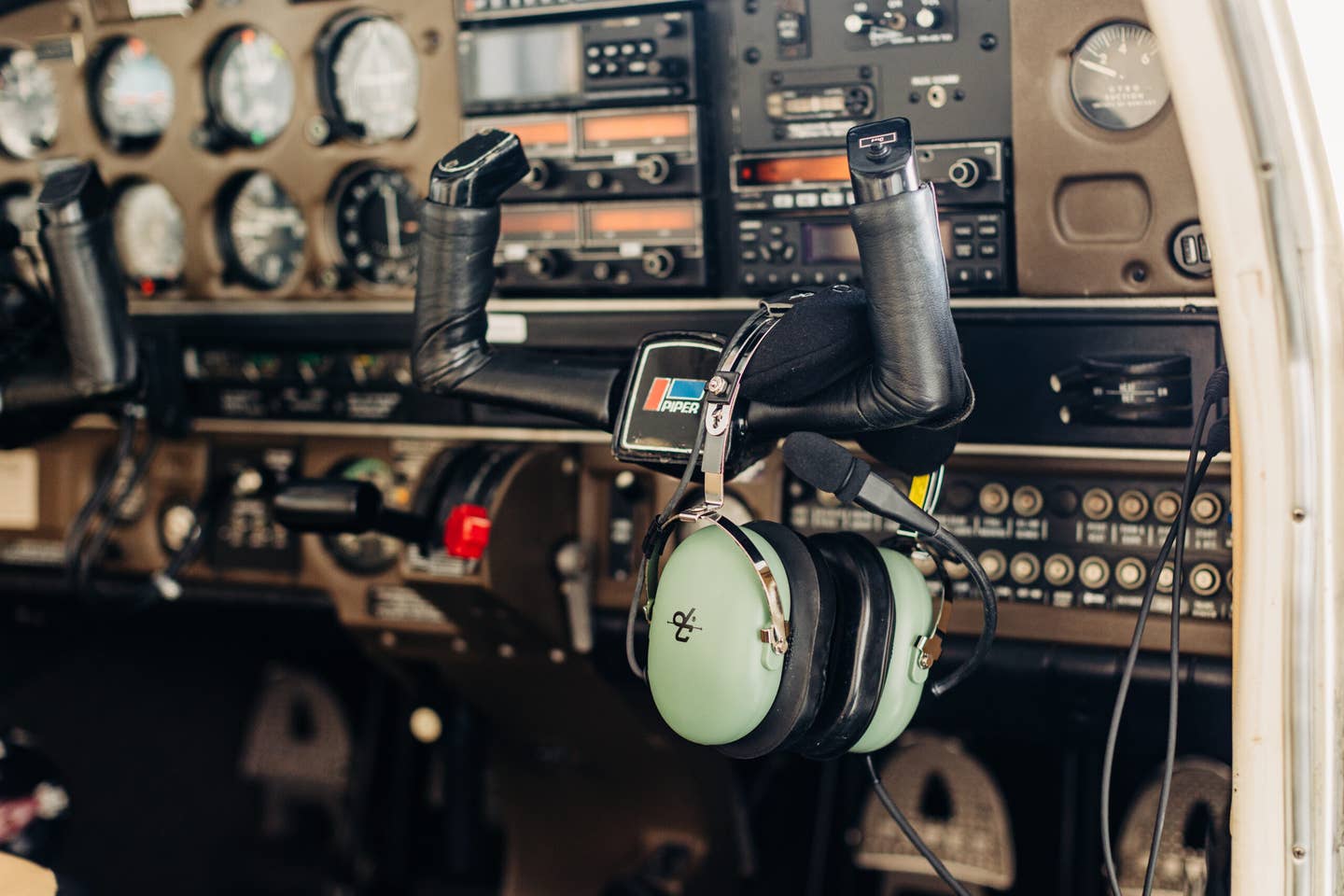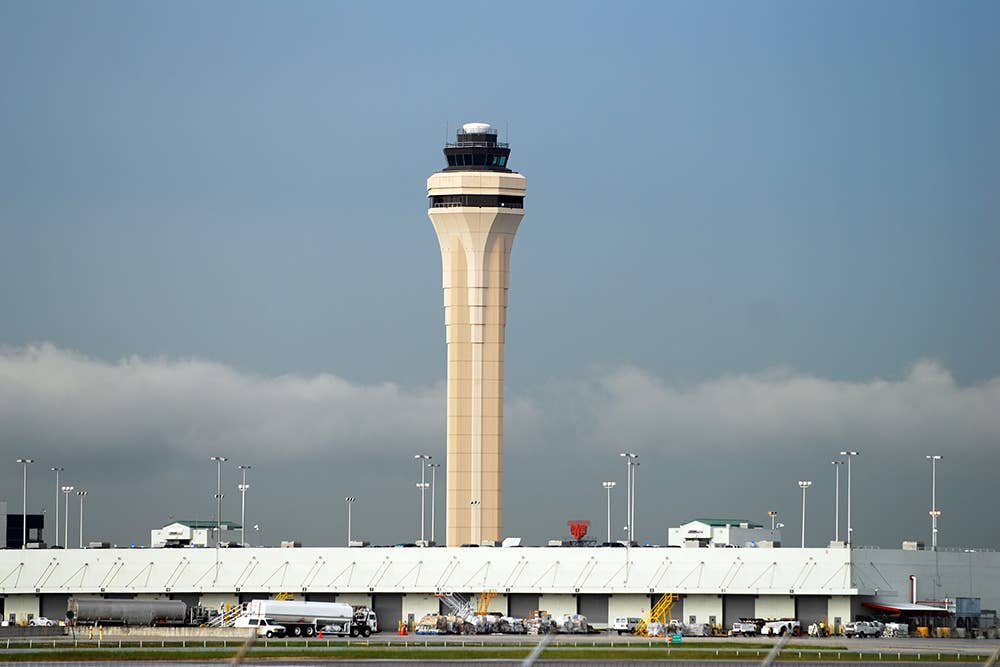
The computer error could have led to cancellations and/or delays of about 12,000 flights over the July 4th holiday weekend. [Courtesy: American Airlines]
Sometime in the wee hours of the morning on July 2, a computer error dropped approximately 2,000 pilot trip sequences, which could have led to cancellations and/or delays of about 12,000 flights over the Fourth of July holiday weekend. At least that was the public statement from American Airlines.
What really happened?
Meet PBS (Not That PBS)
First, a little background information. As with almost all major U.S. carriers, American Airlines’ pilots’ monthly schedules are dictated by a program called PBS (Preferential Bidding System). The program is designed and administered by various vendors. It is a complicated system with numerous algorithms that incorporate pilot preferences for specific days off, trip report times, layovers, number of days in a trip, etc.
Pilots enter their preferences via the PBS program the month prior and are awarded a schedule based on seniority. If some of the trips within a pilot’s schedule are not desirable, the option is available to utilize a system called TTOT (Trip Trade with Open Time). The TTOT system allows pilots to enter a computer request to drop their undesirable trips into a bucket of other open trips.
“Fortunately, this disaster never was—but it did highlight issues that need to be addressed.”
With a specific trip dropped, the option is available to pick up one that is more desirable if and when it becomes available. The pilot gambles on the ability to add flight time, and thus pay, back onto his or her monthly schedule, and the company gambles on the dropped trip being picked up by another pilot. The system works well. Worst case: The pilots on reserve status can be assigned the trips that fall through the cracks—at least that’s the theory.
Depending on predicted coverage, the airline has the option of limiting trips available to be dropped into the TTOT system, which was the intention over the July 4th weekend. As a matter of fact, TTOT was to be completely shut down for copilots flying narrow-body airplanes, a bone of contention that was likely questioned by the union, re: its contractual legality. But the plan backfired. Somehow, an entry was made that did exactly the opposite, allowing any pilot with a computer-requested trip drop to do so.
Back when I was employed by the airline, a similar situation occurred in December 2017, which was dubbed the “Santa Claus” TTOT scenario. Pilots were overjoyed, and even more so when the airline offered double time pay to pick up trips that the system dropped in error. The schedule suffered some canceled and delayed flights.
What Happened Here
This Independence Day weekend event was different. With the media and the Secretary of Transportation shining a searchlight on airline cancellations, the company unilaterally—and very quickly—restored the schedule by reversing the TTOT error, returning pilots back to their original trips. And rather than just offering double time, the airline will automatically pay double time.
Although this seems like a very equitable solution, unfortunately it is a contractual violation, which has now prompted a grievance initiated by the Allied Pilots Association, AA's pilot union. The grievance will most likely be used as a strategic maneuver by the union. With contract negotiations now dragging on for three years, the TTOT debacle can be used as a bargaining chip.
The current environment of passenger demand outpacing the airlines’ ability to operate its regular schedule, let alone operate an interrupted schedule because of weather events or mechanical issues, has stretched pilots and other employees beyond frustration. The PBS program and TTOT all combine as ingredients that contractually provide a quality of life for pilots and their families.
The situation described above is not directly related to the infamous pilot shortage, but it is certainly a factor. The solution to the cancellation woes can only be solved with the collective cooperation of the airlines, airline employees, the government, and a little patience from the flying public.
Fortunately, this disaster never was—but it did highlight issues that need to be addressed.

Sign-up for newsletters & special offers!
Get the latest FLYING stories & special offers delivered directly to your inbox






